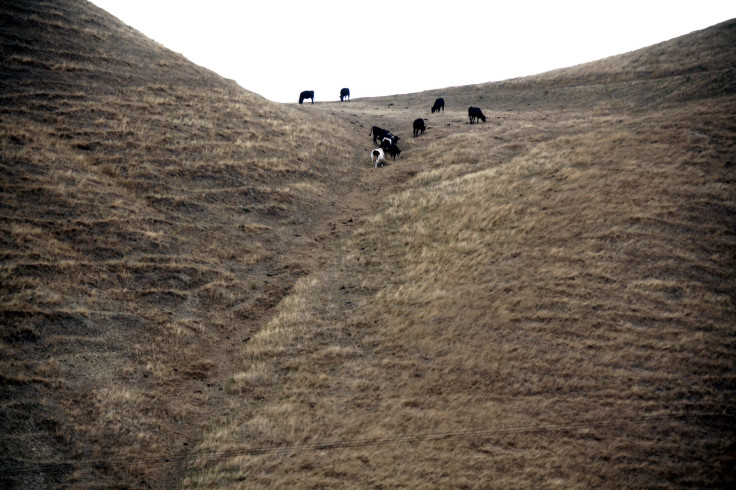Climate Change Hits New Zealand: Drought, Global Warming To Further Strain Farmers Desperate For Decent Rain

Farmers are expected to bear the brunt of climate change in New Zealand, where global warming is expected to bring hotter summers and severe drought within the coming decades, government officials warned over the weekend. Lower than average rainfall in recent years has put many farmers who rely on predictable rain patterns in a tight spot, as soil has begun drying out.
“The science is very clear on this. The prevalence of these droughts will increase," Climate Change Minister Tim Groser told TV One on Sunday. "We should assume that unless the planet gets on top of this problem, this thing that you've just seen on television will be more of the case in 20 or 30 years’ time. The only thing that's going to fix this is a global response.”
The country’s agricultural sector has seen soil moisture levels across the country drop to lower than average levels this year. Officials instituted irrigation restrictions in January in parts of Canterbury and North Otago to ease pressure on the country’s water reserves, some of which dropped to well below their averages for this time of year. Auckland’s water storage levels were at 71 percent in February, 10 percent less than where they would have normally been that month, according to the New Zealand Herald. Dry conditions have also raised concerns about the danger of fires.
Only a sustained period of rain could bring relief, officials said. "All farmers should be worried about the weather,” farmer Linda Murchison told TV One. Many farmers like Murchison have gone months without seeing sufficient rain. “Most farmers are, because this is how we make our money, and good farmers pride themselves on their ability to read the weather and the seasons.”
Officials stopped short of linking the increased drought risk to New Zealand’s carbon emissions, which rose steadily between 1990 and 2012, according to government data, but said that New Zealand would have to do its part to roll back its emissions over the course of the 21st century.
© Copyright IBTimes 2024. All rights reserved.






















